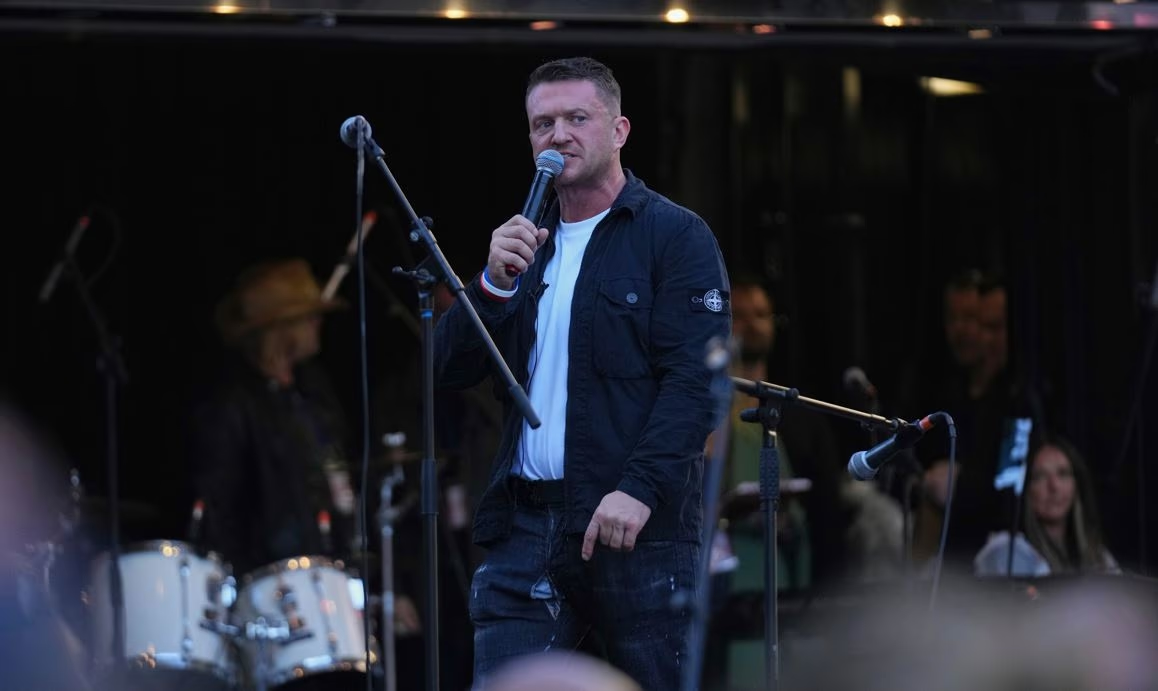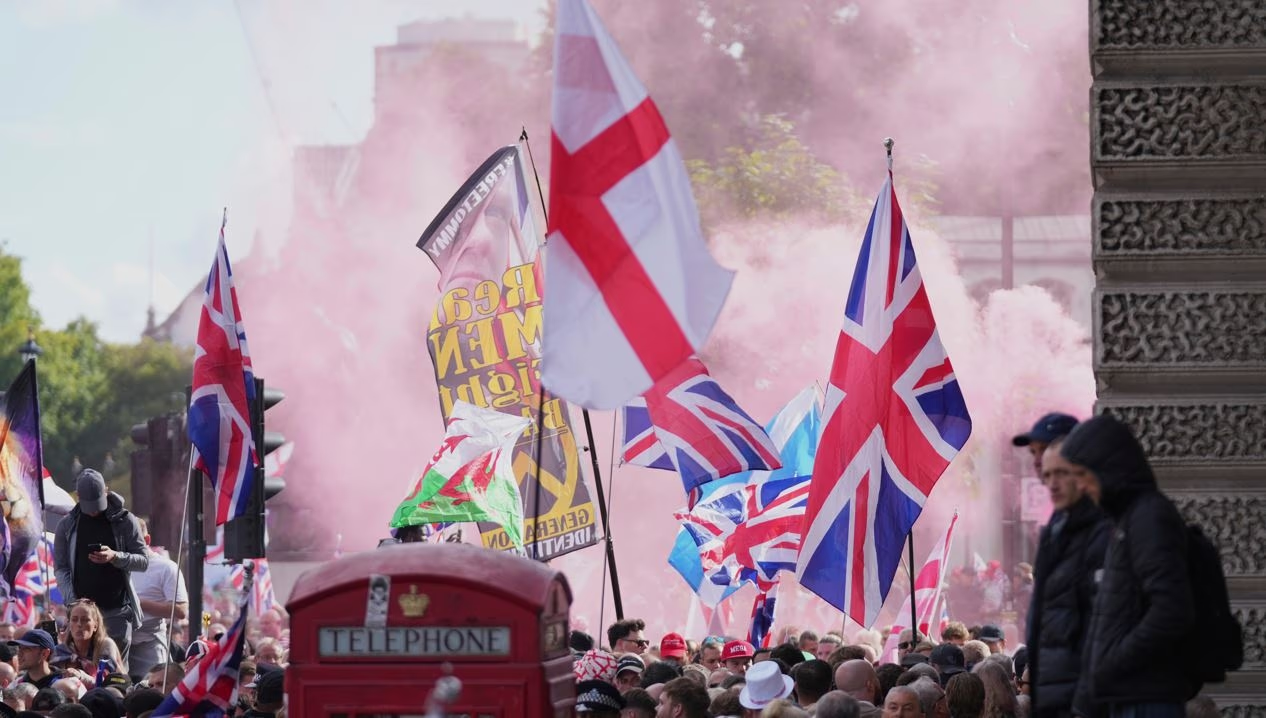From Melbourne to London and Sydney to Paris, protests against migrants are ongoing. These three countries are grappling with high migration rates, sparking local anger. With Britain and Australia nearing elections, the anti-immigration issue has gained momentum. Locals complain about job shortages, cultural changes, and resource burdens due to migrants. Various political, economic, and social reasons have prompted anti-immigration rallies in these countries.
The Reasons Behind Anti-Immigration Protests
Millions flee countries like India and China to Western nations seeking education or jobs, swelling populations, and straining housing, jobs, and services. Although migrants contribute significantly to the economy, they are often blamed for these pressures. For instance, Australia's economy benefits nearly $6 billion annually from Indian students. Similarly, Indian professionals play crucial roles in Britain's healthcare and technology sectors. Yet, Indians face resistance in these countries.
The presence of undocumented migrants raises security alarms and links to trafficking rings. Racism and anti-Muslim and anti-Black sentiments predominantly target Asian and Muslim migrants. Significantly, right-wing groups heavily influence anti-immigration rallies. Australia's mass 'March for Australia' and Britain's crackdown on illegal Channel crossings illustrate this surge in anti-immigration protests.
Why Thousands Marched Through London
Recently, over 100,000 demonstrators took part in an anti-immigration march in London. Activist Tommy Robinson led the movement, emphasizing Britain's growing migration issues and Islam. Despite economic downturns, people consider illegal immigration a major issue. In 2025 alone, more than 28,000 people crossed the English Channel on small boats to enter Britain. Inspired by U.S. President Donald Trump, protestors took to the streets to 'Unite the Kingdom'.

Source: aajtak
Protests initially began outside hotels housing refugees before venturing into 'no protest zones,' clashing with security personnel. Robinson and his supporters claimed undocumented migrants receive more consideration in court than locals. A video link from billionaire Elon Musk highlighted massive migration concerns and urged the British to demand governmental change.
Resentment towards Rising Muslim Population?
The rising Muslim population in Britain is another key issue. By 2035, Muslims could account for 25% of the British population. Cities like London have 'no-go zones' perceived as unsafe for non-Muslims. Anti-Muslim crime hit record levels in 2025, marking a 72% increase from two years prior. Islamophobia and racial violence have been escalating, with incidents involving mosque attacks and vandalism rising.
During the St. George's Flag campaign in September 2025, mosques were targeted in what the Muslim Council of Britain described as 'Nazi-style' attacks. By February 2025, anti-Muslim crimes had approached 5,000 incidents. Schools have mandated halal-only lunches, which some non-Muslims find concerning. The growth of mosques, street prayers, and Sharia courts has fueled local dissatisfaction.
The political landscape is shifting. The Labour Party depends on Muslim votes, who pressure a firm stance on Gaza. This dynamic makes some in the UK feel alienated in their own country. The 'Great Replacement' theory alleges a cultural shift replacing European with South Asian Muslim culture, prompting mass protests under the 'Unite the Kingdom' banner.
Why is Australia Protesting?
Recent anti-immigration rallies occurred in Australia, primarily in cities like Melbourne and Sydney. Indian migrants were openly targeted, with rhetoric stating, 'In five years, more Indians have arrived than Greeks and Italians in 100 years.' Protests accused migrants of exploiting Australia's resources internationally. Protestors claim leaders never address these issues, demanding an end to mass migration.

Source: aajtak
Australia's government and political parties denounced the anti-migrant rallies, labeling them as antithetical to national policy. Home Affairs Minister Tony Burke affirmed there is no place for those damaging Australia's social unity. He stated their opposition to these rallies and support for modern Australia.
By 2024, about 8.6 million Australians will be foreign-born, making up roughly 31.5% of the population. The largest groups are from England, India, China, and New Zealand. Approximately 3% of Australians are Indian-origin, and since 2014, their population has surged. Australia could soon overtake England in Indian migrant numbers, with many working in sectors like healthcare, administration, and food services. Over 60% of these migrants own property.
Anti-Immigration Protests in France
Similar protests are occurring in France. Under the 'One in, One Out' deal, illegal migrants are being deported. Many have died during illegal migration attempts, prompting France to take stringent measures to prevent unauthorized migration. African and Middle Eastern migrants are often blamed for 'dangerous journeys' to Europe. Although 10% of France's population consists of migrants, recent European Union policies have intensified anti-immigration rhetoric.




